38 how to find volume label in command prompt
Change Hard Disk Partition or Volume Label Name in DOS Command Prompt ... To use label.exe to create, change, or delete the volume label of a disk, use the following syntax: LABEL [drive:] [label] For example, label c: myvolume. Above command will label the C: drive to "myvolume". Note that the label command only work if the disk is not write protected. Find the Drive Letter of a Volume Vol returns the volume information of a given drive letter. Attaching my backup external drive, which as the volume label "Backup1" to the computer I can see in Explorer that the drive letter is H:. Using. vol H: at a command prompt returns. Volume in drive H is Backup1 Volume Serial Number is C070-804B
Rename a Drive and Change Volume Label in Windows 11 - Winaero Go to System > Storage. Click Advanced Storage Settings. Select Disk and Volumes. Click the arrow-down button next to the drive, which contains the partition you want to rename in Windows 11. Next, select the needed volume. Click Properties. Click Change Label. Enter a new name, then click Apply to save changes.
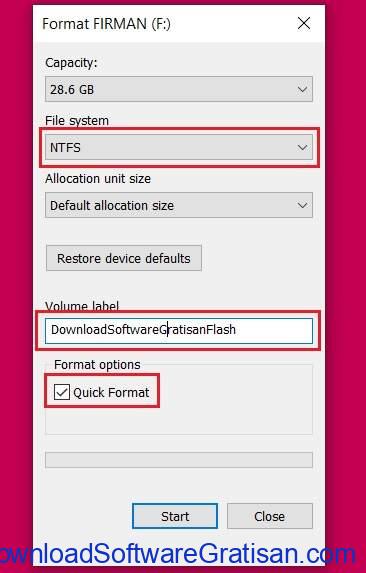
How to find volume label in command prompt
How to get drive volume label in Windows command prompt About Press Copyright Contact us Creators Advertise Developers Terms Privacy Policy & Safety How YouTube works Test new features Press Copyright Contact us Creators ... MS-DOS and Windows command line vol command Vol command information for MS-DOS and the Windows command line. Page includes vol command availability, syntax, and examples. ... Displays the disk volume label and serial number, if they exist. VOL [drive:] Vol examples vol c: Display the volume of drive c: as shown in the example below. How to Format Hard Drive from Command Prompt or DISKPART. - wintips.org How to Format a HDD, SSD Drive in Command Prompt (CMD). 1. Find out the "Volume Label" of the drive that you want to format, by typing this command: *. vol X: * Notes: 1. Where " X " = the drive letter of the disk that you want to format. 2. Be very careful when selecting the hard drive to format.
How to find volume label in command prompt. How to Use Label to Rename Drives from the Windows Command Prompt Open the start menu in Windows 7 and 10 or open the search function in Windows 8 and search for CMD. Next, right-click on it and then press "Run as administrator.". While you don't need to open an elevated command prompt window, it will help you to avoid any pesky confirmation dialog boxes. Now that you have an elevated command prompt ... How to Find a Drive's Volume Label or Serial Number - Lifewire Execute the vol command and press Enter to display the drive and serial number. Alternative 1: Use the WIN+E shortcut to open a list of drives with the volume label next to each one. Alternative 2: Use a free system information tool such as Speccy. This article explains three ways to find a drive's volume label or serial number. How to read the label of a drive or volume in a batch file? I'm trying to write a batch file to rip my dvds to the hard drive. I'd like the file names to be the volume label of the dvd, but I haven't been able to determine a way to read the label of a disk in a batch file. Is there a way to retrieve the volume label of a drive in a batch file so I can use it as the file name? Windows 10: How to find drive volume label and serial number using ... SUBSCRIBE for more: ⓘ How to get volume name and serial number on Windows 10 🗝 vol My social links: ...
How to find the disk and volume GUID on Windows 10 Disk GUID. Open Command Prompt with admin rights and enter the following. If you need to find the GUID for an external drive, connect it first. Diskpart. This will run the Diskpart utility. You now need to list all the disks connected to your system with the command below. list disk. You will get a list of disks that are connected and each disk ... Label - Disk label - Windows CMD - SS64.com "A name is a label, and as soon as there is a label, the ideas disappear and out comes label-worship and label-bashing" ~ Richard Bach . Related commands: VOL - display the volume label. Equivalent PowerShell: gcim win32_logicaldisk "volumeName" Equivalent bash command (Linux): hostname - Print or set system name. Get-Volume (Storage) | Microsoft Docs Description. The Get-Volume cmdlet will return a Volume object or a set of Volume objects that match the specified criteria. Note: Dynamic volumes are supported only by the following cmdlets: Repair-Volume (chkdsk), Optimize-Volume (defrag), and Format-Volume (format) on basic disks and storage spaces. What Does "Enter Current Volume Label for Drive C" Mean Finding your volume label with Command Prompt might be a bit more complex. To find your label using Command Prompt, follow these simple steps: Press Windows Key + R to open the Run command and type cmd in the dialog box and press enter. The command prompt will appear. In the Command Prompt, type F: and press Enter.
What does "Enter current volume label for drive C" mean? When Command Prompt opens enter F: and press Enter.. We used F: because that's the letter of our storage device, but you'll have to use the letter that represents your storage device.; After your current directory changes to F: drive, simply enter dir and press Enter to list the contents of that directory.. At the top you should see Volume in drive F is message that tells you the volume ... How To: Get USB Volume Serial Number and USB Device Serial Number The command prompt window will return the results and look something like this: ... A volume label is a name given to a specific device (or storage volume) in a file system. In a FAT and FAT32 file system the volume label can be only 11 characters long and all capital letters. With a NTFS file system the volume label can be up to 32 characters ... How to: Change Volume Label using CMD in Windows 10, 8, 7 Now, install, run it on your PC and take a look at how it changes the volume label for a drive. Step 1. In the home interface, right-click the drive that you want to rename and select Change Label. Step 2. In the pop-up window, input the new label that you want to assigned to the drive and click OK. Step 3. Change Drive Label in Command Prompt - Macrorit Steps to change drive label in Command Prompt. Press WIN key or click start bottom, type CMD, run cmd.exe as administrator. It's required to run it as administrator to change drive label. Type label C: System, Press Enter; > Type label E: Tools, Press Enter; > Type label F: Programs, Press Enter; Double click This PC on desktop to check new labels.
How to Open Command Prompt (Windows 11, 10, 8, 7, etc.) Go into the folder and Shift+Right-Click, then select Open PowerShell window here, or Open in Terminal, to open Command Prompt in a folder. On Mac, right-click the folder and select New Terminal at Folder from the menu. How do you navigate Command Prompt? Use the cd command to change directories in Command Prompt.
How to label a partition or volume on Linux with e2label The purpose of this tutorial is to show how to label a hard disk in Linux. Labeling hard drives under a Linux system gives a user a better way to organize all of the block system's devices on their system. The tool we can use for this task is the e2label command. In this tutorial, you will see how to use the e2label command to label a hard drive partition in Linux.
Getting the drive letter of a volumename in Windows command-line Thank you very much. The line @echo %%D has the VolumeName %%E %%F was actually only there to check whether the if condition had worked correctly and the control variables had beend assigned correctly.%Lookfor% must be adapted to whatever volumename you're looking for on your respective computer. The sense of the whole code snippet was to get the driveletter to a given volumename.
linux - List partition labels from the command line - Unix & Linux ... 5. This will not list all partitions but you can view and alter what you like with tune2fs. $ sudo tune2fs -l /dev/sda1. You can use a command such as this to get all the /dev/sda* devices. $ sudo sh -c 'echo /dev/sda* /dev/mapper/fedora* | xargs -n 1 tune2fs -l'. Share. Improve this answer.
MS-DOS and Windows command line label command Windows Vista and later syntax. LABEL [drive:] [label] LABEL [/MP] [volume] [label] drive: Specifies the drive letter of a drive. label. Specifies the label of the volume. /MP. Specifies that the volume should be treated as a mount point or volume name. volume.
How do you find the volume label of a computer drive? - Answers Best Answer. Copy. The volume label on a computer is the name given to each drive or partition and is seen in "My Computer" which is accessed from the start menu bottom left corner of your main ...
attributes volume | Microsoft Docs Remarks. On basic master boot record (MBR) disks, the hidden, readonly, and nodefaultdriveletter parameters apply to all volumes on the disk.. On basic GUID partition table (GPT) disks, and on dynamic MBR and gpt disks, the hidden, readonly, and nodefaultdriveletter parameters apply only to the selected volume.. A volume must be selected for the attributes volume command to succeed.
Enter Current Volume Label For Drive D - What Does Enter Current Volume ... Find volume label from command prompt. If you see a message stating "enter current volume label for drive c" while making . Or any drive when formatting any partition using command prompt or cmd in windows 10, . Enter current volume label for drive c, after i'd entered the . · press windows key + r to open the run command and type cmd in the ...
Enter Current Volume Label for Drive| How to Find the Volume Label? Since you need to enter the current volume label of a drive, you should gain the value label at first. To find out a volume label of a partition in Windows, you can pick up one among the following three methods as you like. Way 1. Find volume label from Command Prompt. After accessing Command Prompt, you can run "vol x:" to list the volume ...
How to Format Hard Drive from Command Prompt or DISKPART. - wintips.org How to Format a HDD, SSD Drive in Command Prompt (CMD). 1. Find out the "Volume Label" of the drive that you want to format, by typing this command: *. vol X: * Notes: 1. Where " X " = the drive letter of the disk that you want to format. 2. Be very careful when selecting the hard drive to format.
MS-DOS and Windows command line vol command Vol command information for MS-DOS and the Windows command line. Page includes vol command availability, syntax, and examples. ... Displays the disk volume label and serial number, if they exist. VOL [drive:] Vol examples vol c: Display the volume of drive c: as shown in the example below.
How to get drive volume label in Windows command prompt About Press Copyright Contact us Creators Advertise Developers Terms Privacy Policy & Safety How YouTube works Test new features Press Copyright Contact us Creators ...
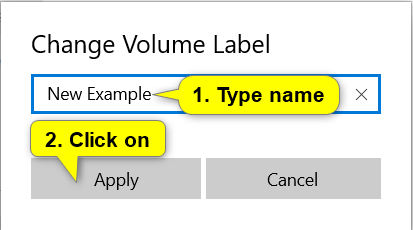
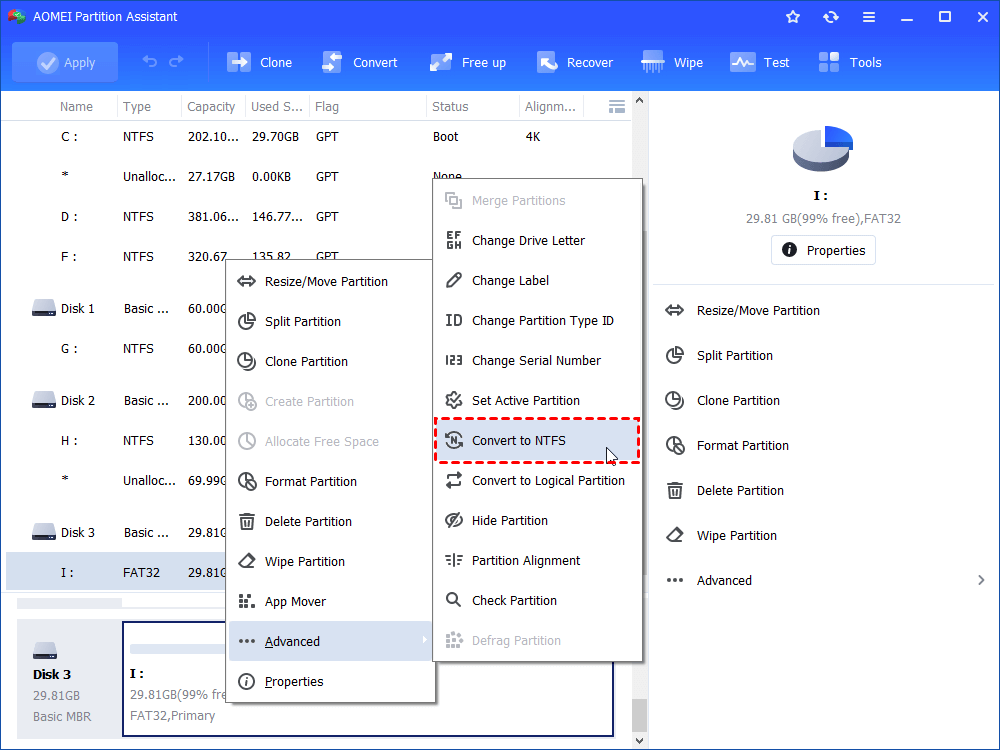
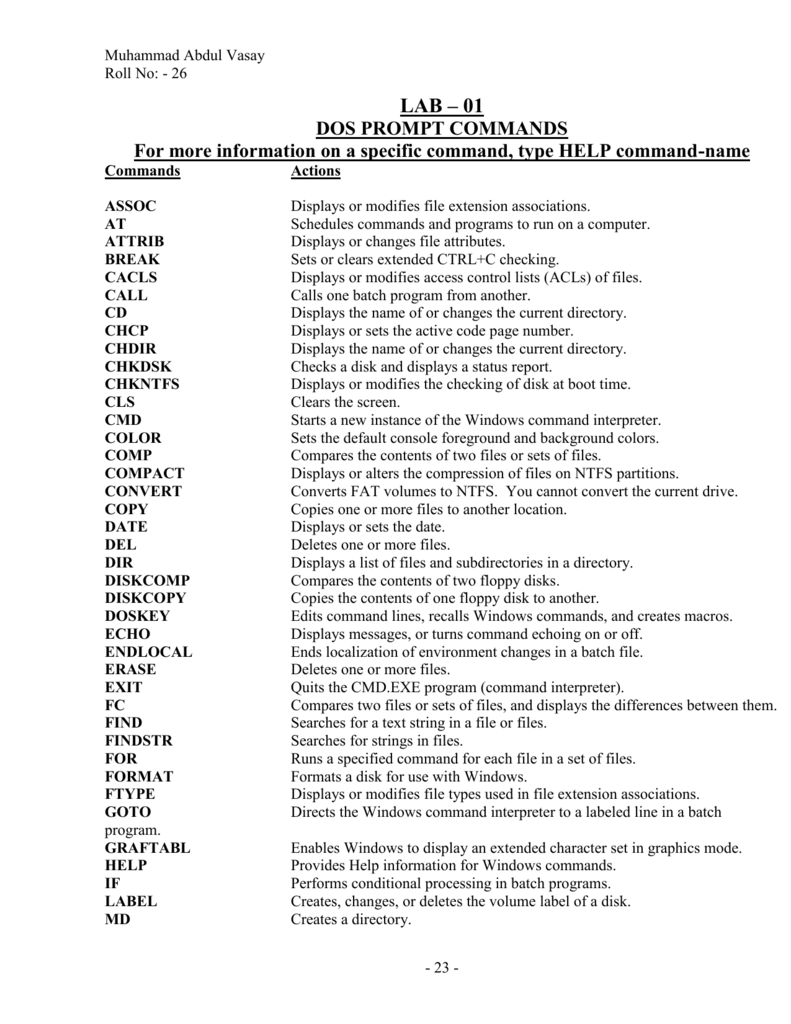
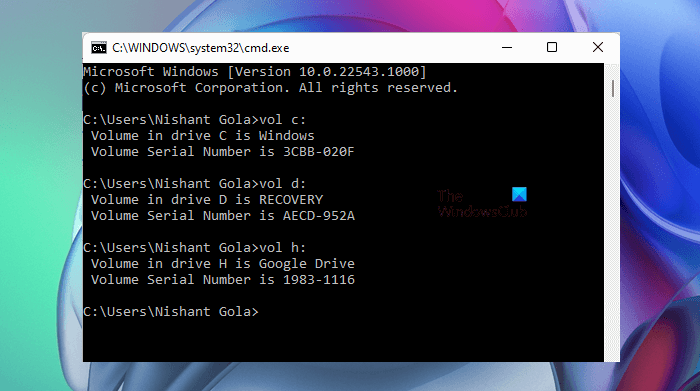
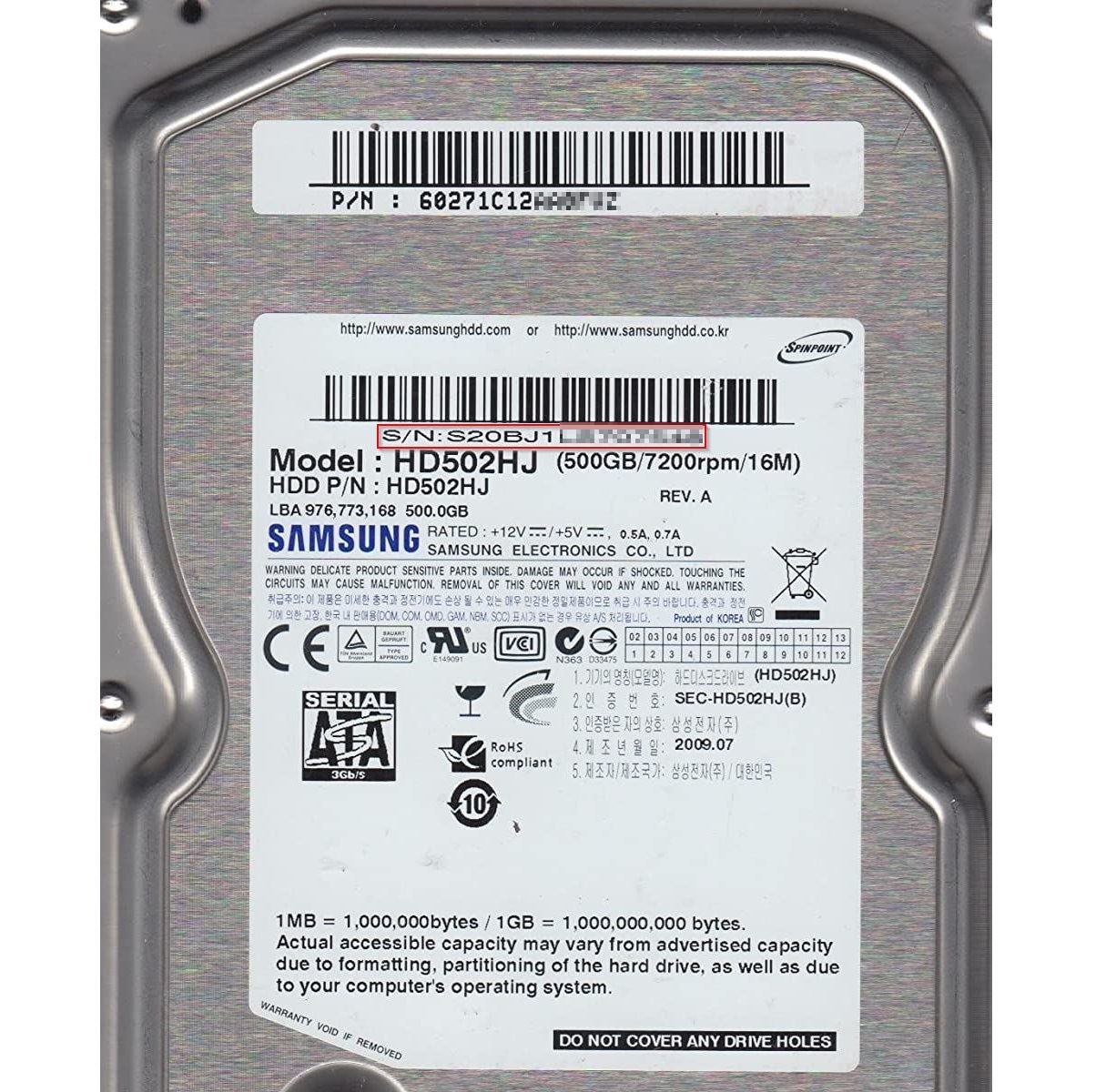
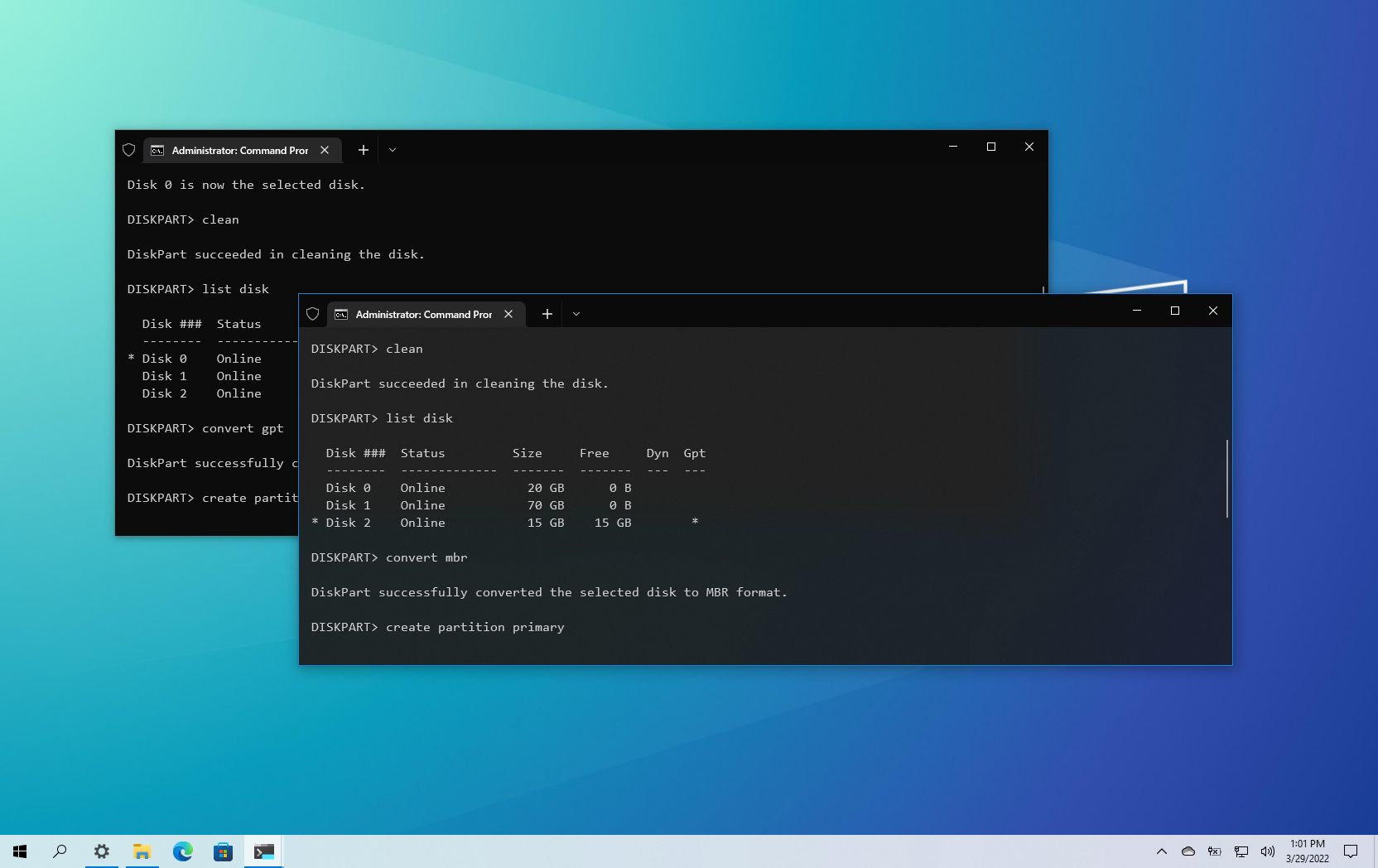
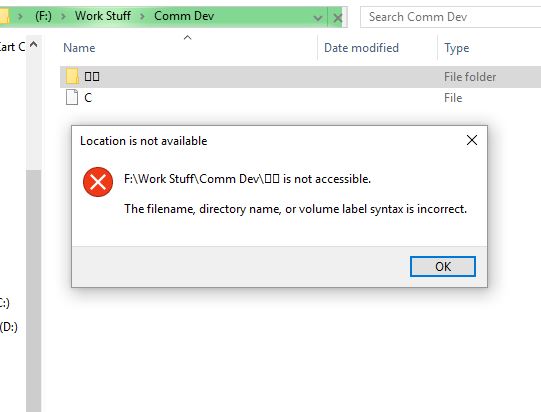
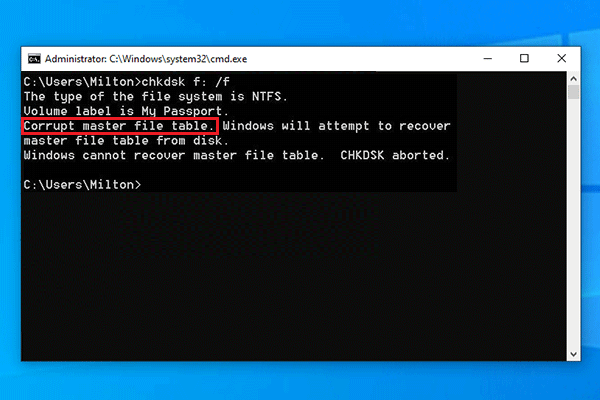
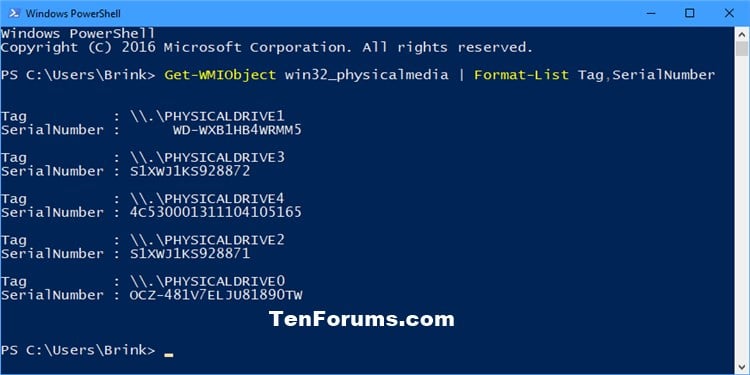


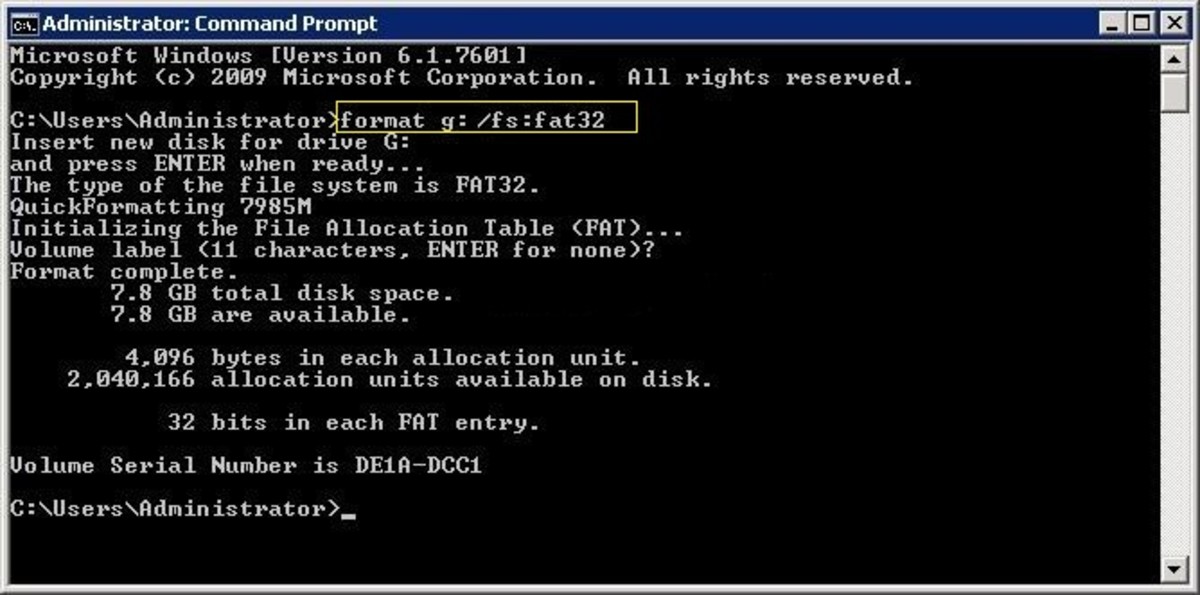
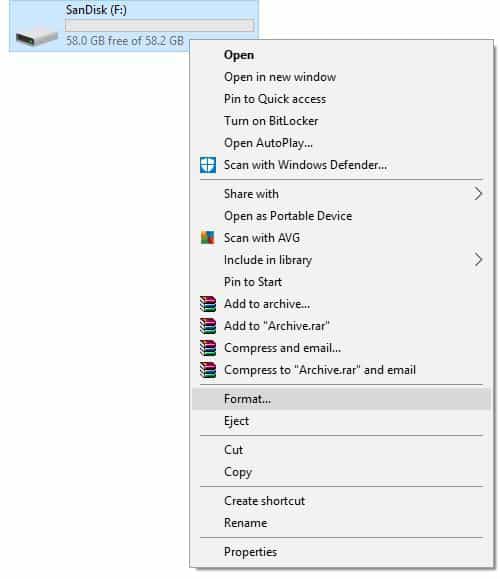

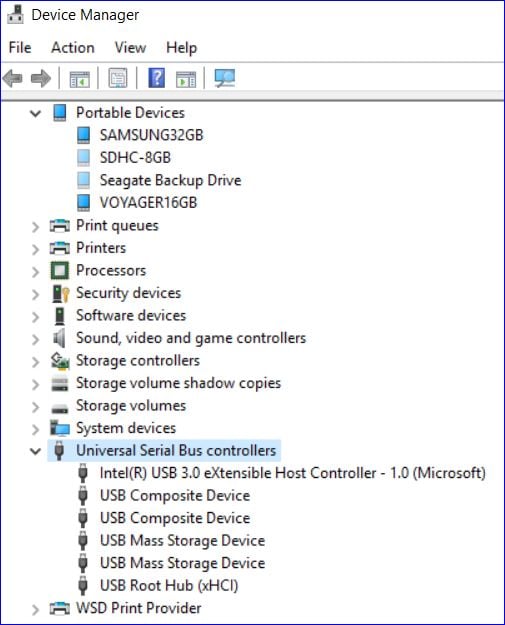
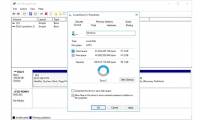
:max_bytes(150000):strip_icc()/001-how-to-find-a-drives-volume-label-or-serial-number-262494-fff03bb580eb4cf88436aee92005a8d2.jpg)


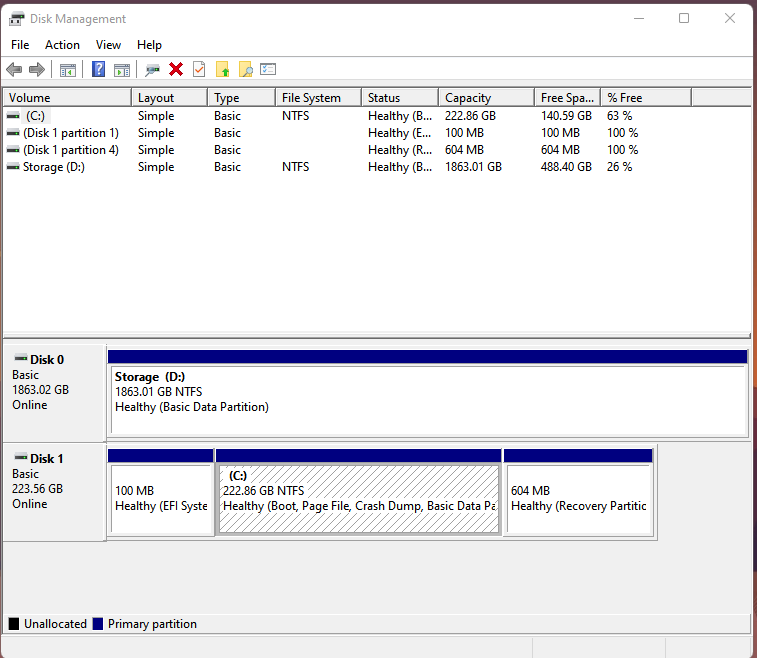
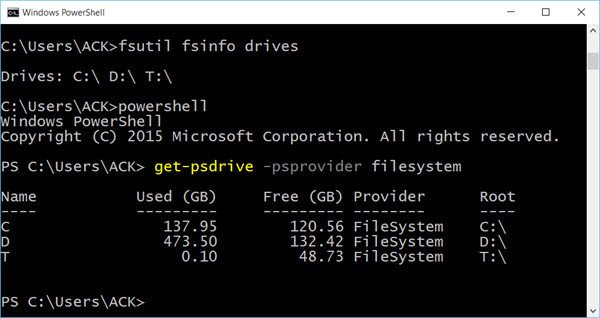


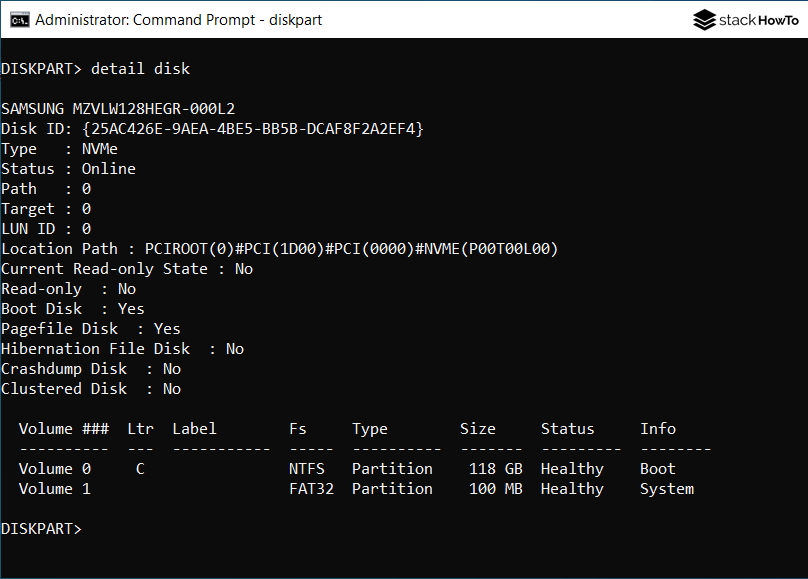
:max_bytes(150000):strip_icc()/label-command-windows-10-3cff7d08d2524628b4c9d97b67272000.png)
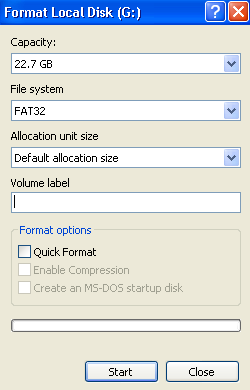
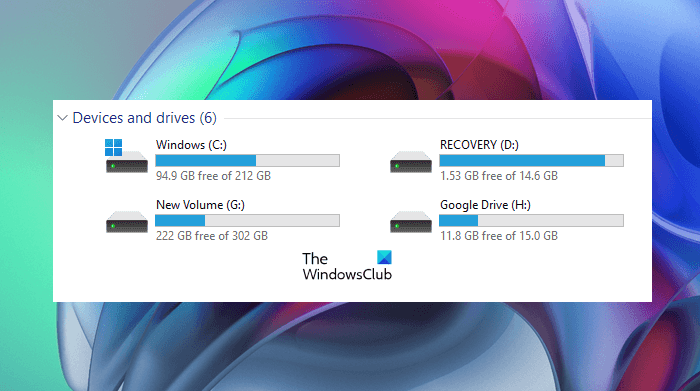
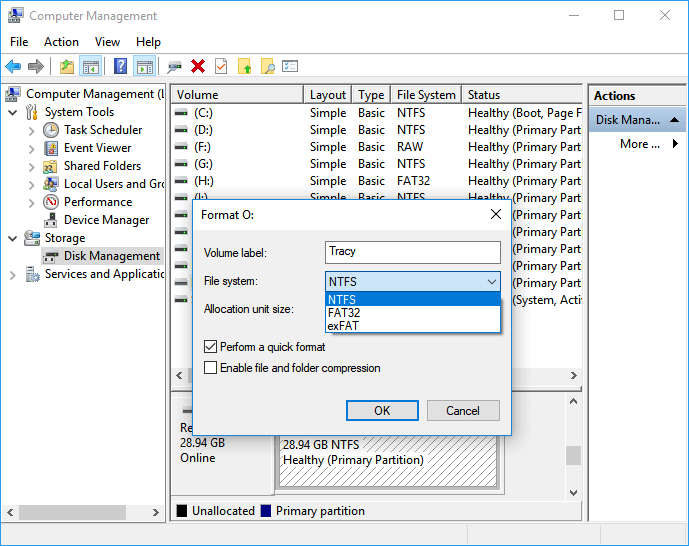


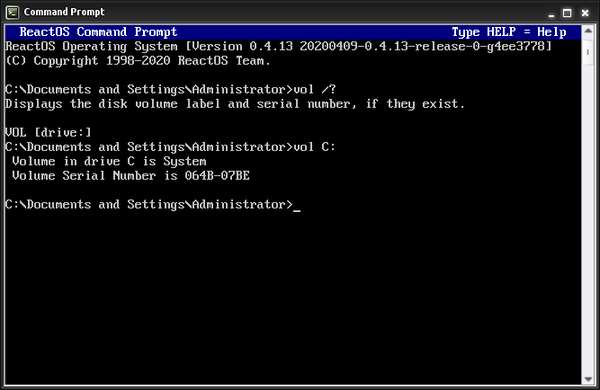

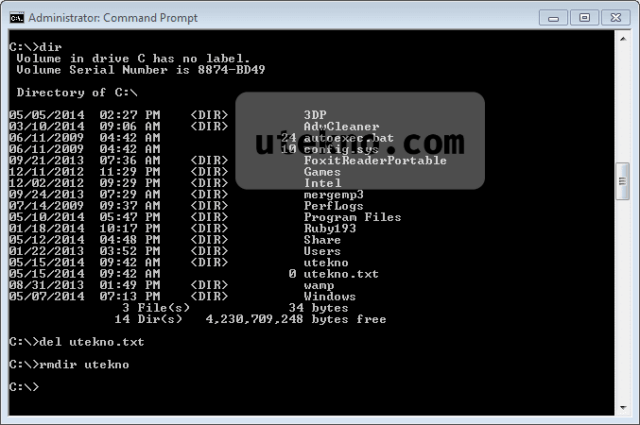

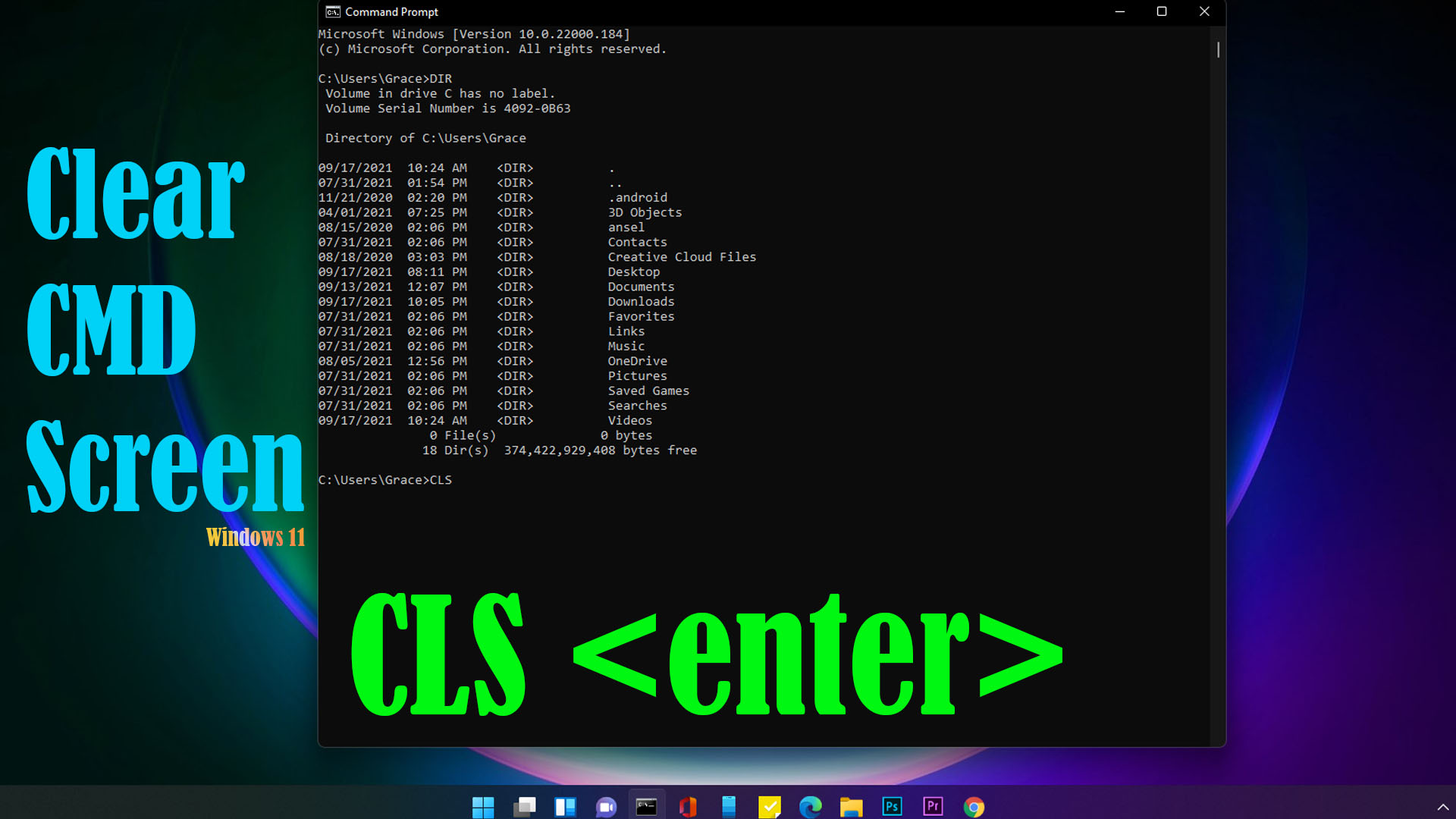
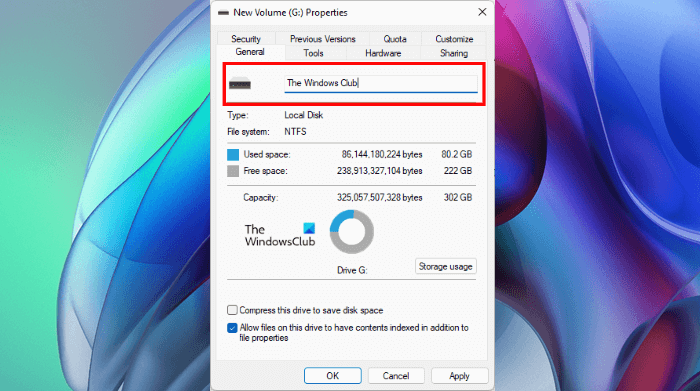

Post a Comment for "38 how to find volume label in command prompt"